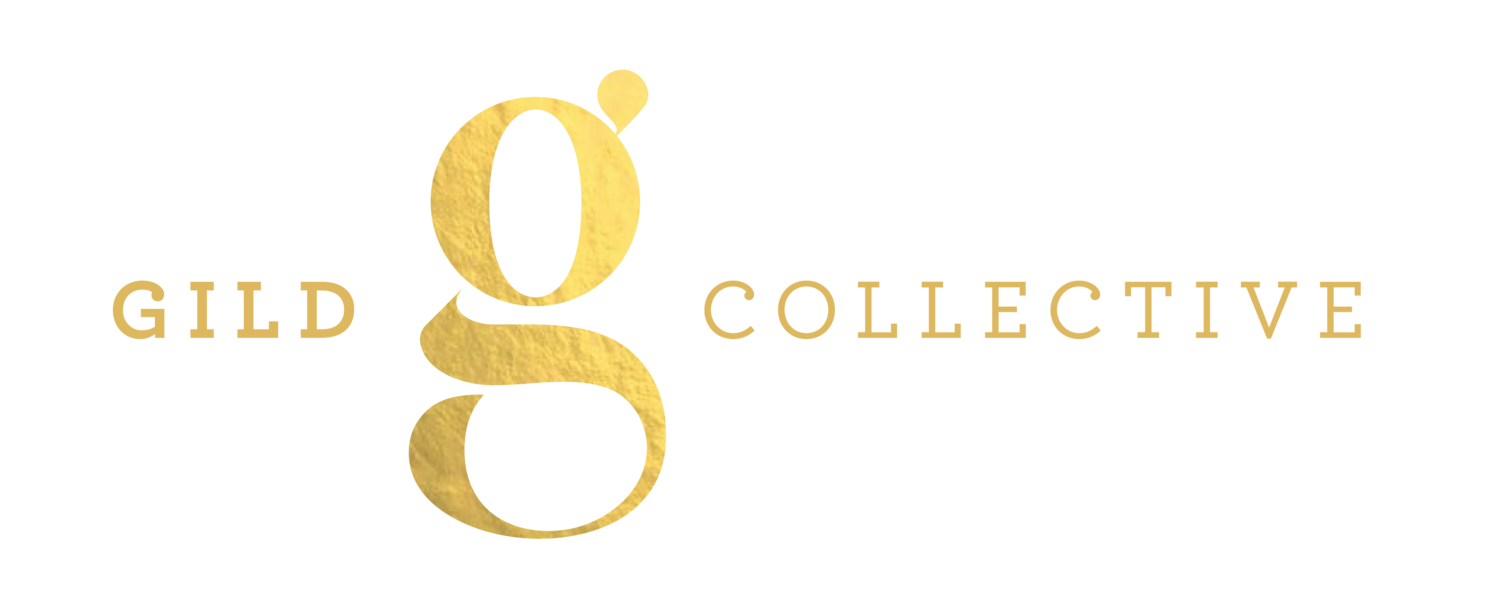Photo by Anna Shvets from Pexels
There are certain words that sound unquestionably “good”, while others sound inherently “bad”. We hear the word “burnout”, and we immediately know that’s a “bad one”. It brings up feelings of being exhausted, stretched thin, and on edge. Over the past year and a half, many of us have spent our personal and professional lives in a constant state of burnout – we know the feeling all too well. When we hear the word “collaboration”, we know that it is supposed to fall into the “good” category. Collaboration should bring feelings of people working together toward a common goal, sharing responsibilities, and supporting each other in the process. But does it?
Collaboration, on the surface, is good. But the reality is that collaboration and burnout have become inextricably linked. As organizations have become increasingly focused on constant innovation, communication, and output, employees have been required to collaborate with colleagues and external stakeholders more than ever before. Time for deep, focused, individual work is gone – which leads many employees to feel like they can never get anything done. Which leads us to ask the question –
Is too much collaboration a bad thing?
In short, yes. The HBR Guide to Beating Burnout (a great resource for individuals and managers) features an entire chapter on the subject, titled “Collaboration Without Burnout.” The authors begin by introducing the idea of “collaborative overload” that embodies the feeling of spending all of your time in meetings talking about all that needs to be done, but never having time to actually do anything. Sound familiar?
How did we get here?
According to authors Rob Cross, Scott Taylor, and Deb Zehner, who worked with 20 global organizations in diverse fields during their research, collaborative overload typically happens in two ways: the surge and the slow burn. A surge comes from a significant change in workload – think a promotion or a large assignment. A slow burn in collaborative overload comes from small, subtle increases in workload over time, and usually from multiple sources. We get better at our work, which leads us to helping more people, which leads us to taking on more work. It’s a cycle (and it can be exhausting).
What can we do to stop the cycle?
Interrupting the cycle of collaborative overload is a multi-step process. We’re exploring the first step here today, and we’ll be revisiting the second step in a future post. The first step in moving forward is actually looking back: Asking yourself not only how you got here, but why do I take on too much?
“Why do I take on too much?” is a question that requires us to look at how we identify professionally, and what drives us. In order to answer this question, we must first ask ourselves several others:
What makes me feel accomplished, and why?
Checking tasks (even small, insignificant ones) off of a to-do list?
Recognition from my boss/colleagues?
Being the first person others go to for help?
Do you attend meetings you are not required to attend? If so, why?
Do you crave recognition for being ambitious and/or influential?
Do you fear you don’t have enough visibility in your role, so you want more exposure?
Do I feel the need to be in control, and why?
Are you worried the work will not be done right without you?
Are you worried that someone else may get recognition that could have been yours?
Do you fear being labeled “not a team player”, or other accusations that may come if you start saying “no” to collaborative assignments?
Is being a “go-to” person, always ready to take on new tasks or help a colleague, a source of pride for you, and why?
Do you feel pressure to take on “extracurricular” work? If so, why? This work might be:
Leading up an employee resource group/group initiative.
Planning office events (such as baby showers or happy hours).
Reflecting on these questions will help you to find your reasons why you take on too much. From there, you can begin to ask yourself one final question: “Is it worth it?” Are all of the extras you take on adding to your professional credibility and helping you advance as much as the time you could be spending on your deep, focused work could be? Is your mental health suffering from being burned out and overloaded? Are you able to ever feel truly relaxed? (Chances are, you’re reading this because you answered: “No, no, yes, no.”)
Once you have answered these questions, you can begin to make small mental shifts that will help you build confidence for the logistical changes that come with reducing your collaborative overload.
More on those logistical changes next time – look out for the second part of this series on reducing collaborative overload soon!

